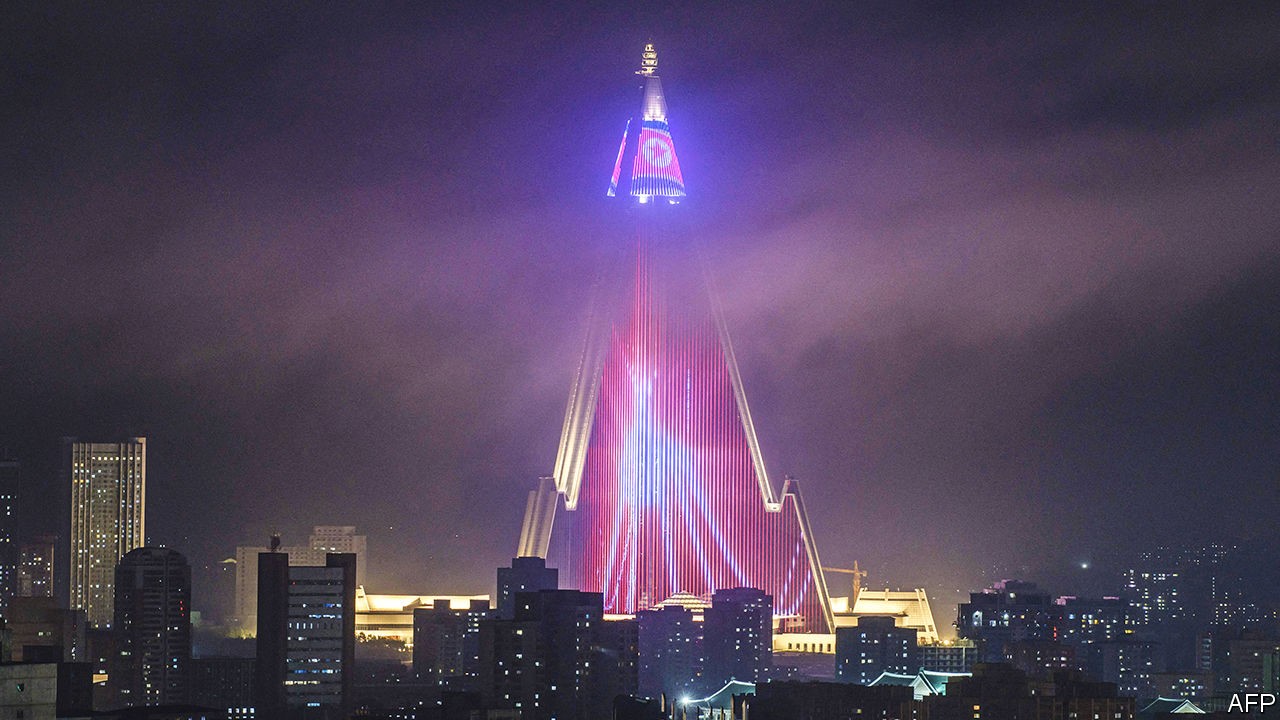Who died in killing spree? Spoilers
Spoilers ahead: Don’t read until you’ve seen the “Westworld” finale, streaming on HBO and HBO Max.
Ed Harris’ Man in Black has always been a dark-hearted killer in HBO’s sci-fi series “Westworld.”
But the android host version of William/Man in Black that emerged in Season 4 evolved to even greater depravity, culminating in a killing spree in Sunday’s finale. Major characters died in the “Game of Thrones”-style bloodbath.
The murderous mayhem harked back to the rampage of Yul Brynner’s Gunslinger android in the OG 1973 “Westworld” movie.
“We finally came full circle to the Yul Brynner character from the original movie. At last, the Man in Black is a host and on this mad killing spree,” says executive producer Lisa Joy. She notes the “Westworld” losses were significant, even for a show centered around bringing humanoids to life. “There were a lot of deaths, and there are many faces we’re not going to see on ‘Westworld’ going forward.”
So who died in the “Westworld” season finale and what are the implications for the final fifth season? While HBO hasn’t officially greenlit the fifth season, Joy calls it “the last chapter of this morality tale.”
Here’s a rundown of the departed:
** Many spoilers ahead! This is your last chance to bail if you don’t want to know. **
Ed Harris is doubly bad in ‘Westworld’:He’s loving it: ‘This is what I signed up to do’

The Man in Black (Ed Harris) is dead, both of him
In Episode 7, William 2.0 killed his trapped human version and put on the Man in Black attire to live evil large. He killed his host leader and creator Charlotte Hale (Tessa Thompson) and set chaos in motion so that humans and hosts were senselessly battling.
At the start of Sunday’s finale, with streets filled with video game-like kills, the Man in Black flourished.
But the host Hale was quickly rebuilt even stronger and returned to get her finale revenge: She shot the Man in Black during their battle royale, crudely cut out the life-giving “pearl” from his head and crumbled it to dust with her hand.
This death looked permanent, even if it’s hard to imagine “Westworld” going into a fifth season without this pivotal and complicated antagonist.
“The character has run its…


